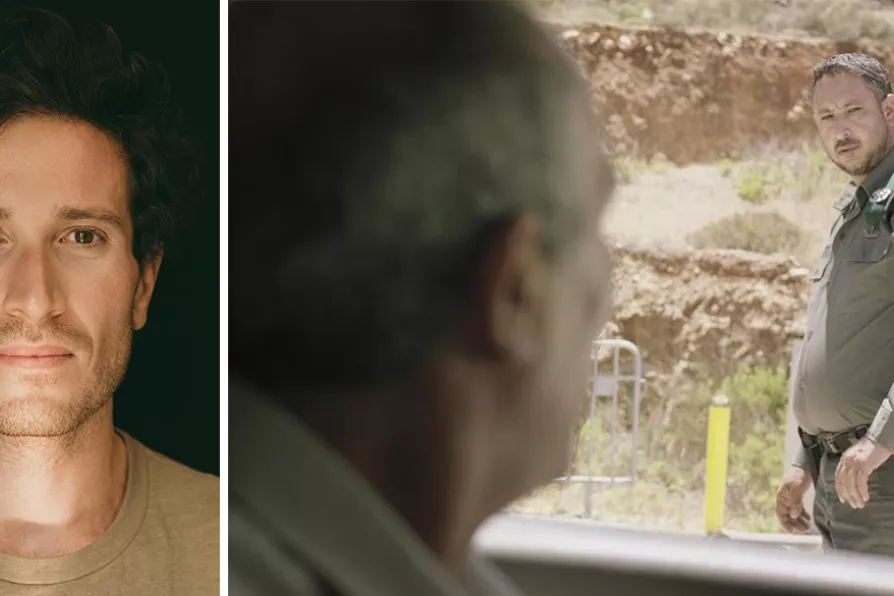FIONA O’CONNOR and MARIA DUARTE review State of Statelessness, Rental Family, 28 Years Later: The Bone Temple, and The Rip

 (L) Mohammed Almughanni; (R) An Orange From Jaffa
[IMDb]
(L) Mohammed Almughanni; (R) An Orange From Jaffa
[IMDb]
AT the El Gouna Film Festival, young Palestinian director Mohammed Almughanni won the Audience Award for his wonderful short film, An Orange From Jaffa. Born and raised in Gaza, Mohammed moved to Ramallah in the West Bank as a teenager. He then decided to study at Lodz film school in Poland, and to create stories about the communities living in the shadow of the Israeli-Palestinian conflict.
An Orange From Jaffa recalls his attempt to visit relatives in Jaffa.

RITA DI SANTO gives us a first look at some extraordinary new films that examine outsiders, migrants, belonging and social abuse

RITA DI SANTO speaks to the exiled Ukrainian director Sergei Loznitsa about Two Prosecutors, his chilling study of the Stalinist purges

The bard gives us advance notice of his upcoming medieval K-pop releases

MIK SABIERS wallows in a night of political punk and funk that fires both barrels at Trump










